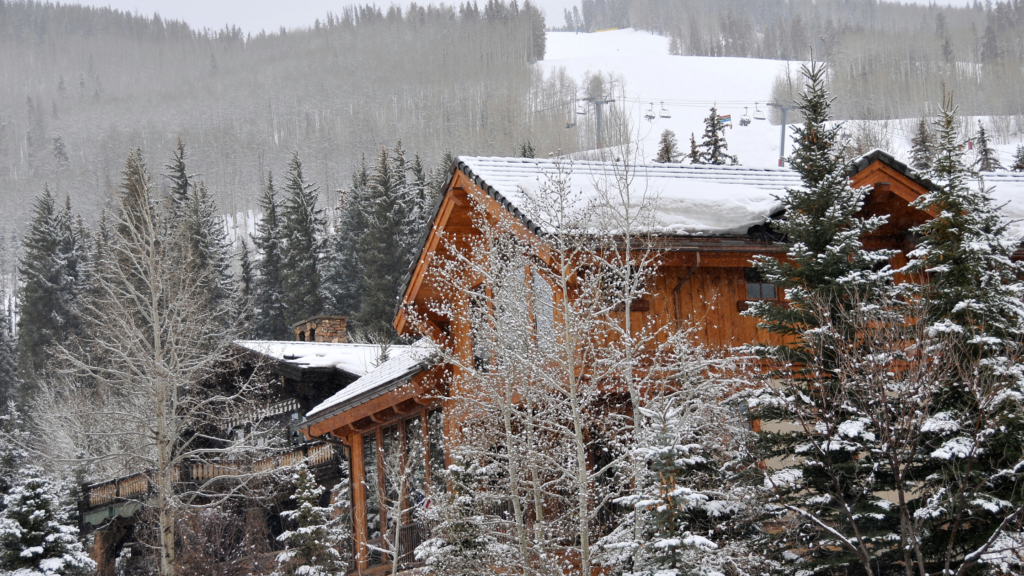Colorado, with its breathtaking landscapes ranging from sprawling plains to towering mountain peaks, is a sought-after location for vacation homes. But with the state’s diverse geography come unique risks. So, do you really need vacation home insurance for your property in Colorado? Let’s explore.
1. Colorado’s Distinctive Environmental Factors
Wildfire Risks: Parts of Colorado, especially mountainous regions, are susceptible to wildfires. These can cause significant damage to properties.
Winter Hazards: Heavy snowfall and the resultant snowmelt can lead to damages ranging from roof collapses to flooding.
High Altitude and UV Exposure: Homes at higher altitudes can experience faster wear and tear due to increased UV exposure.
2. Rental and Tourist Boom
Increasing Rental Markets: Colorado’s popular tourist spots, such as Aspen or Vail, have a bustling short-term rental market. If you’re renting out your property, you might be exposed to higher risks, making insurance even more crucial.
Liability Coverage: Renters can potentially get injured on your property, making liability coverage essential to cover potential legal and medical costs.
3. Distances and Remote Locations
- Hard-to-Reach Properties: Some vacation homes in Colorado can be located in remote areas, making them harder to monitor regularly. This can elevate risks of unnoticed damages or break-ins.
4. Mandatory Requirements by Lenders
- Mortgage Stipulations: If your Colorado vacation home is financed, your lender may require you to maintain a certain level of insurance coverage on the property to protect their investment.
5. Balancing Costs with Coverage
Comprehensive Policies: Due to Colorado’s specific risks, like wildfires, you might need a more comprehensive policy than standard vacation home insurance. Make sure to check if natural disasters are covered.
Deductibles and Premiums: Given the potentially higher risks in certain areas, insurance premiums might be on the higher side. Opt for a deductible that you can comfortably afford in case of a claim.
6. Local Regulations and HOA Requirements
Local Mandates: Some areas, especially those with higher fire risks, might have local regulations regarding property maintenance and insurance.
Homeowners’ Associations: If your vacation home is part of an HOA, they might have specific insurance requirements or coverage recommendations.
7. Conclusion
For vacation homeowners in Colorado, insurance isn’t just a box to tick off—it’s an essential component of property ownership. Given the state’s unique risks, paired with the potential for rental income and the sheer value of the property itself, securing a robust insurance policy is both a smart financial decision and a means of preserving your tranquil mountain or city escape. Rocky Mountain Insurance Advisors is always here to help find and tailor the coverage that you need for your specific vacation rental insurance.

